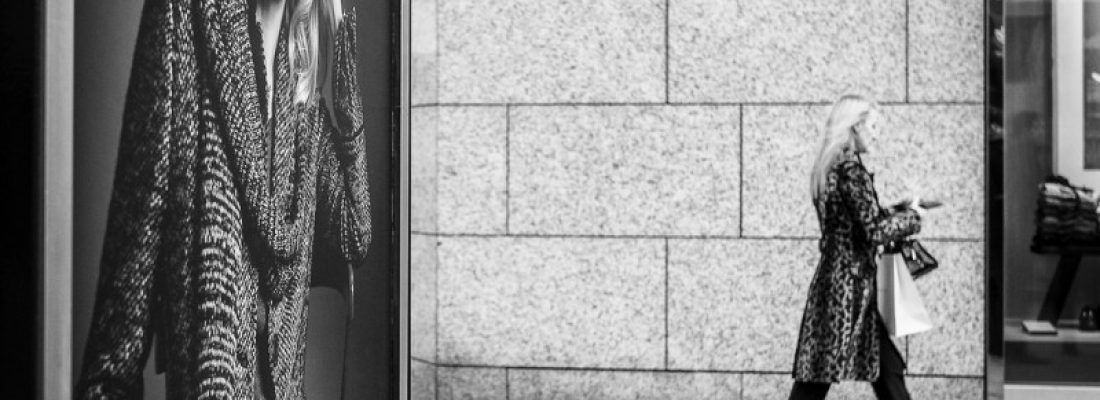“Do you have any other questions for us?” asked the founder of an international fashion brand sitting across the desk.
When my friend was being interviewed for a management position for these trendsetters, she closed the meeting by asking one last thing. Little did she know she was, in fact, closing the discussion by dropping the fashion world’s biggest F bomb.
“Is the clothing here fair trade?”
The reaction that ensued would have been similar to my friend lifting her middle finger and walked out of the office. The interviewer stumbled to defend the brand, raising her voice and her perfectly manicured eyebrow as she underlined that “we do NOT use child labour, if that’s what you’re implying”. Fair has become the four letter F word of the fashion world.
The response is classic. In the early 90s, unfair labour practices, specifically the use of sweatshops made big news. Activists like Jeff Ballinger published reports outlining some of the human rights violations happening behind big brands. For a while, the general public became sensitive to the issue, and this scared many brands into re-thinking their game plan, or at least stepping up their PR. But just as many major news stories do, the issue rises and falls, a distant memory.
So what’s the big deal?
The simple answer is that many brands are afraid of the question, not because they are evil doers orchestrating a team of child workers, but because they aren’t exactly sure that they aren’t. The reality is that most big brands do not have all the information, they rely on an extremely complex chain of production involving thousands of people internationally. Many are part of associations like The Fair Labour Association, but this doesn’t equal fair trade. There are still reports of abuse and absurdly low wages associated even with founders of the Association!
There’s been progress since the 90s, but not nearly enough. The fashion industry is one of the largest industries on the planet employing over 75 million workers worldwide, and that excludes all unregistered workers hired by factories under the table. So far, there hasn’t been any real reason for the fashion industry to keep tabs on all this. Brands continue to confirm and deny allegations of human rights abuse, but sales are still steady.
So why should they put in the extra effort?
Asking if something is fair trade is not an accusatory question. It’s actually the question that, if asked enough, might change the way brands respond. It’s a magical thing.
If enough of of us ask for turquoise leather bell bottom pants to resurface, the fashion world will deliver. I wouldn’t even mind buying a pair of those.
As long as it was f***.
About the Author

Laura A. François
Social Impact Creative and Founder
@anewkind.studio, Country Coordinator Fashion Revolution Day Singapore
www.laurafrancois.com
